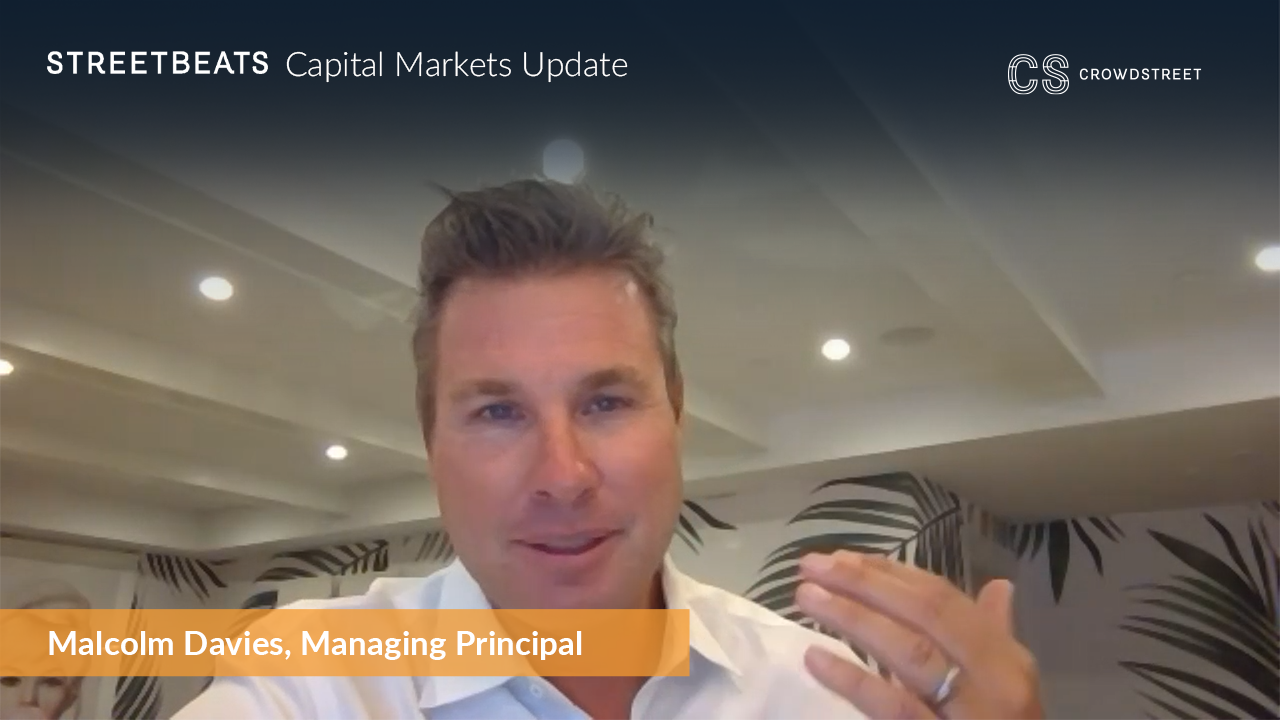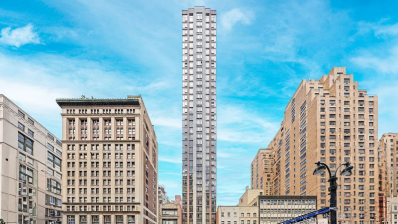
Crowd Street's Ian Formigle is joined by Malcolm Davies, Principal and Managing Direction at George Smith Partners, to talk about the emergence of distressed deals, upticks in occupancy rates in states like Wyoming and Montana, and what a second stimulus package could mean for the economy.
